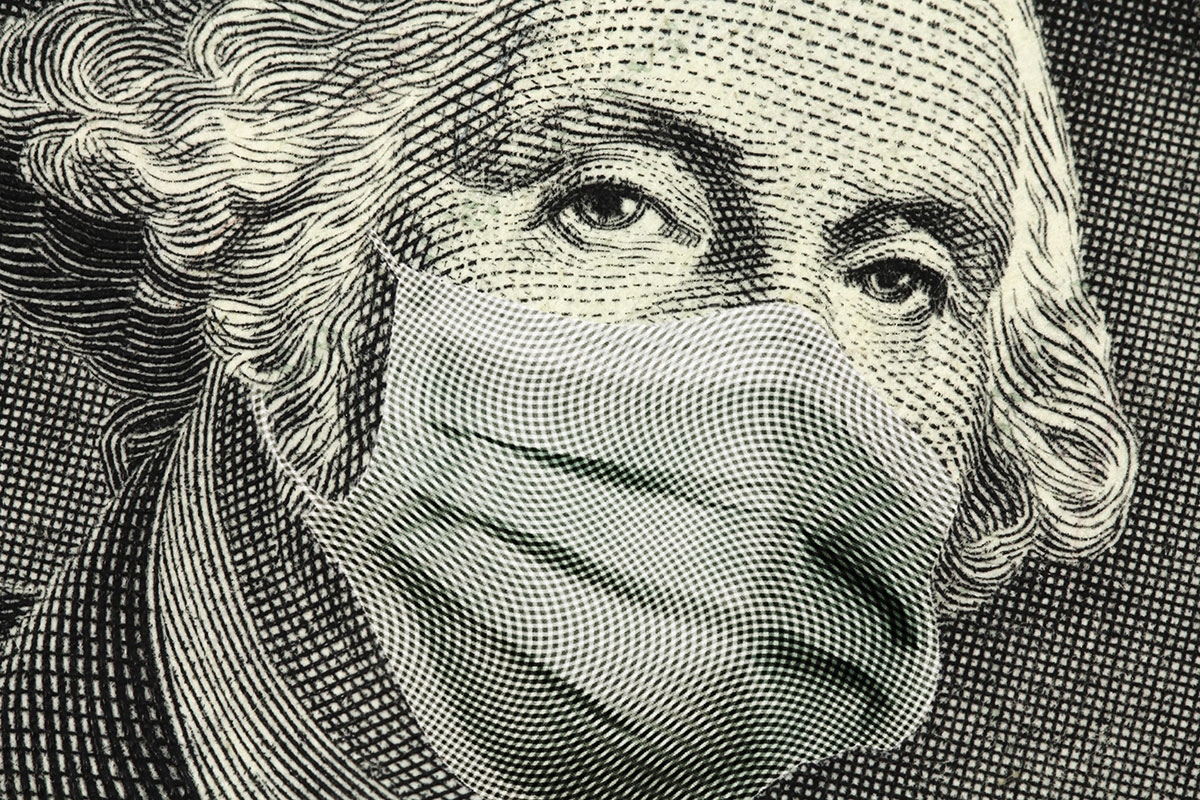
The third COVID-19 emergency supplemental was signed into law by President Trump in late March.
The $2.2 trillion bill is the largest financial and health care recovery package in U.S. history.
This legislation passed after significant advocacy efforts from ACC and includes the following provisions addressing key ACC priorities:
- $16 billion to procure personal protective equipment, ventilators and other medical supplies for federal and state response efforts; when combined with the first supplemental, Congress has provided approximately $17 billion for the Strategic National Stockpile.
- Further expansion of Medicare telehealth flexibilities.
- $100 billion to create a "Public Health and Social Services Emergency Fund" controlled by the secretary of the U.S. Department of Health and Human Services (HHS) to be distributed to "eligible health care providers for health care-related expenses or lost revenues that are attributable to coronavirus."
- $349 billion in Small Business Administration (SBA) loans to businesses with fewer than 500 employees (or larger if SBA designates a larger size is typical for that industry) that can be used for payroll costs, group health, sick leave, family leave, salaries, mortgage interest, rent, utilities, debt interest; loans are forgivable under certain conditions, mainly if employees are retained through June 30.
- Limitation on liability for volunteer health care professionals during COVID-19 emergency response. Specifically, the law makes clear that clinicians who provide volunteer medical services during the public health emergency have liability protections.
- $150 billion from the "Coronavirus Relief Fund" to be distributed to state, tribal and local governments in fiscal year 2020.
- Coverage of COVID-19 diagnostic testing by private insurance without cost sharing.
- Allows PAs, nurse practitioners, and other professionals to order home health services for Medicare beneficiaries.
- Cancellation of the Medicare sequester from May 1 through Dec. 31, 2020.
- Extension of Physician Work Geographic Index Floor through Dec. 31, 2020.
- Extension of funding for quality measure endorsement and selection through Nov. 20, 2020.
- $945.5 million for the National Institutes for Health (NIH) for vaccine, therapeutic and diagnostic research to increase the understanding of COVID-19, including underlying risks to cardiovascular and pulmonary conditions; when combined with the first supplemental, Congress has provided $1.78 billion for NIH research.


ACC Resources
- Clinicians and practices across the country started to receive funds via direct deposit on April 10, 2020, as the Department of Health and Human Services (HHS) disbursed the first $30 billion directly to eligible Medicare providers out of the $100 billion Provider Relief Fund. HHS announced the allocation of the remaining provider relief funding on April 23, 2020, with funds being disbursed among different general, targeted, rural, Indian Health Service, and uninsured funding streams. Since then additional funds have been released, and ACTION IS REQUIRED by clinicians and practices who received funds, or are seeking additional funds. Additionally, a process is now in place for requesting funding for treating COVID-19 patients who were uninsured. Learn more at the HHS Health Resources and Services Administration Provider Relief Fund Hub.
- The Paycheck Protection Program and Health Care Enhancement Act (H.R. 266) was signed into law on April 24, providing an additional $484 billion for small businesses, health care providers and expanded testing to address the COVID-19 emergency. The package is widely considered an extension of the $2.2 trillion CARES Act, which passed in late March and included many recommendations urged by ACC and other leading health care organizations. Get information your practice needs.
- For a breakdown of CARES Act financial resources for small/medium practices, large practices, public health and social services, and states, click here. Clinicians may benefit from programs relevant to both stimulus and health care components.

☼ ☼ ☼ Return to the ACC COVID-19 Hub Homepage ☼ ☼ ☼

